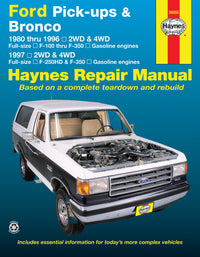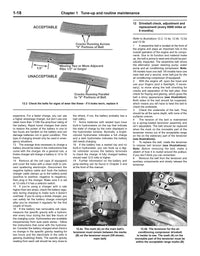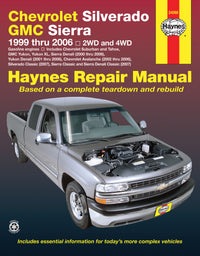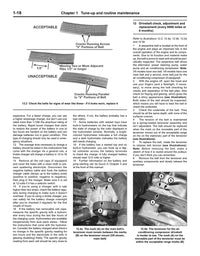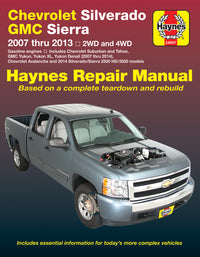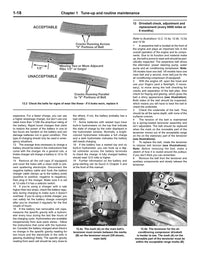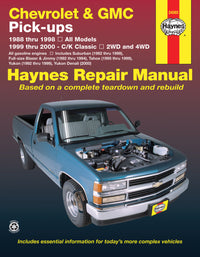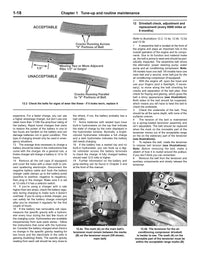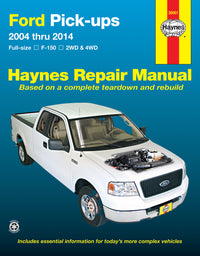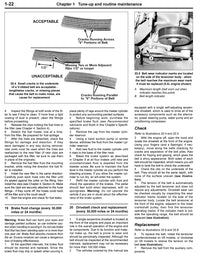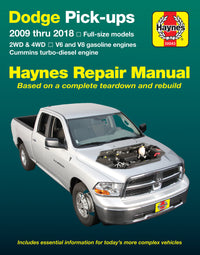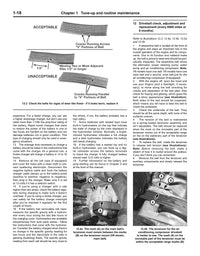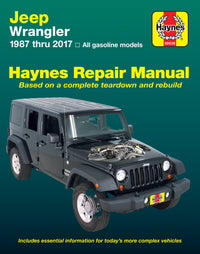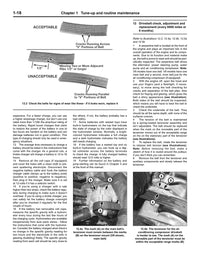The alternator in your car keeps the battery is charged up, as well as making sure electricity is distributed throughout the car's systems. It's pretty important, because if it goes bad, your car will grind to a halt before long.
There are only a few ways an alternator can go bad, but they tend to happen suddenly without a lot of warning. Here are the common symptoms:
- Undercharging - This is the most common problem, and can often be caught in the early stages. If you notice your headlights get dim with the engine at idle and get bright when you rev it, chances are your alternator is not putting out enough power.
- Overcharging - This isn’t a problem with the alternator itself, but rather a problem with the voltage regulator (often built into it). An overcharging alternator can kill a battery and boil the fluid out of it.
- No Charge at All - This can appear just like an undercharge condition, but revving the motor does nothing. Get home or to a service station quick, as a modern car will only run a short time before the battery is dead.
- Mechanical Issues - This category of failure often just involves the bearings wearing out and squealing, or in extreme cases, seizing up. Besides not charging the battery, this can also throw the serpentine drive belt, causing overheating.
Like all rotating machines, the bearings in an alternator have a finite life and will eventually go bad. You can minimize the chances of this happening prematurely by keeping the drive belt and tensioner in good shape. Nothing will kill the bearings quicker than a too tight belt, but a belt that is too loose isn’t good either. If your car has a spring-loaded tensioner, you should at least inspect it at 50,000 miles when you change the belt. If you have an older car with a manual tensioner, be sure to tighten it to the specification found in your Haynes Manual.

If you notice an acidic smell or your battery is leaking fluid, it may be because the alternator is overcharging. You can easily check by measuring the voltage at the battery with the car running, which should not go above 15 volts even with the engine revving. First, check that all the wires to the alternator and regulator are connected properly and not broken. If your car uses a voltage regulator, either separate or built into the alternator, it is inexpensive and easy to change. If you have a car where the voltage is regulated by the ECU, you may need to talk to an expert technician.
An alternator that won’t put out at least 13.8 volts is in need of replacement or at least a rebuild. But, if the low output is combined with squealing noises, it may just be a case of a slipping serpentine belt. If the belt is good, low output can be caused by the insulation breaking down on the internal alternator windings, or it may just be worn brushes; either way, the unit needs to come off and come apart.
Finally, if there is no charge at all, there are several possibilities. It is possible that the drive belt has broken or come off the pulley, or the tensioner went bad completely. Alternators put out alternating current, and the battery needs direct current to charge, so there is a voltage rectifier that converts it, and it can suddenly go bad, too. A faulty voltage regulator can also stop an alternator from charging at all. Otherwise, a no charge condition can mean an internal break in the windings, bad brushes, or burned out slip rings. If all the external wiring seems good, it is likely an issue inside the alternator.
The single best thing you can do to keep your alternator working well is to keep it clean and dry. Dust and dirt can get into the alternator, and over time cause shorts or wear on the brushes. The wire windings of the alternator only have a thin insulation on them and won’t produce a magnetic field if it fails, so avoid getting solvent on them, like carb cleaner or gasoline. Heat and oil can also shorten the life of an alternator, so fix under hood leaks as soon as possible.

